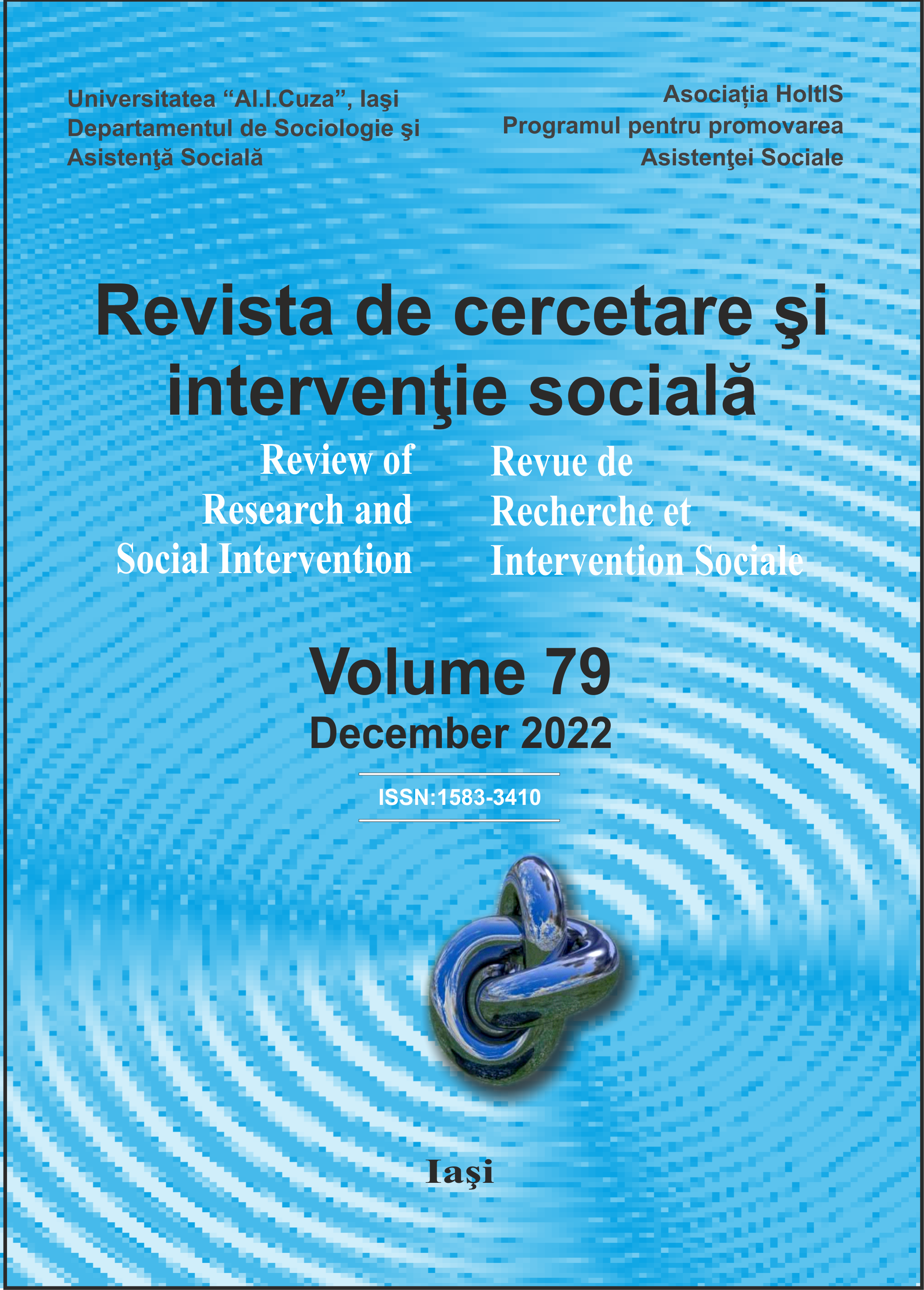School-Wide Positive Behaviour Support as Preventive Framework to Reduce Disruptive Behaviours: A Cross-Sectional Study
School-Wide Positive Behaviour Support as Preventive Framework to Reduce Disruptive Behaviours: A Cross-Sectional Study
Author(s): Cristina Tabacaru Dumitru, Georgeta Chirleşan, Valentina Stîngă, Maria ConstantinescuSubject(s): Social Sciences, Education, Sociology, Applied Sociology, Evaluation research, Sociology of the arts, business, education, Inclusive Education / Inclusion, Sociology of Education
Published by: Expert Projects Publishing
Keywords: school climate; disruptive behaviours; positive behaviour support; School-Wide Positive Behaviour Support;
Summary/Abstract: Disruptive behaviours negatively interfere with learning outcomes, forcing schools to identify effective preventive and intervention strategies in order to improve behavioural school climate. An extensive body of research promotes School-Wide Positive Behaviour Support (SWPBS) as an effective preventive framework to foster prosocial behaviours and simultaneously reduce disruptive behaviours. This paper presents the findings from a study that aimed at investigating problematic behaviours during primary education among typically developing children and to examine subgroup differences in the effectiveness of the SWPBS framework in Romania. Participants in our study were a sample of 973 teachers teaching in 30 schools from the Arges county schools. A descriptive statistical analysis was undertaken (a) to identify the type and intensity of disruptive behaviours, (b) to analyse the characteristics of schools with a high frequency of problematic behaviours and (c) to test if school-related variables (such as school size and location) can be linked with students’ disruptive behaviours. Results indicated that higher rates of disruptive behaviours identified by teachers from our research sample were noisiness while entering the school, running in hallways. Problematic behaviours are more likely to be identified and defined by more experienced teachers, although the correlation proved to be small. Problematic behaviours correlated positively with school size and location. The bigger the school, the more disruptive behaviours were present. The current study adds to the evidence that schools are unique organizations and a school-wide prevention model should be developed considering the school characteristics and their specific context. Research limitations and implications for policies are also discussed in this paper.
Journal: Revista de Cercetare şi Intervenţie Socială
- Issue Year: 2022
- Issue No: 79
- Page Range: 164-180
- Page Count: 17
- Language: English

